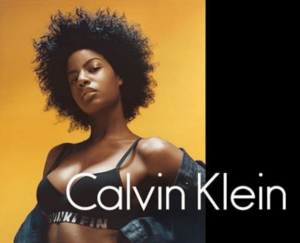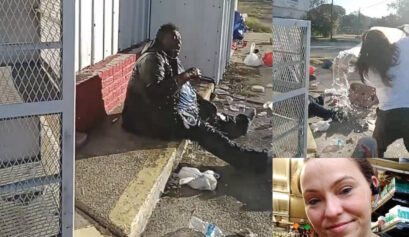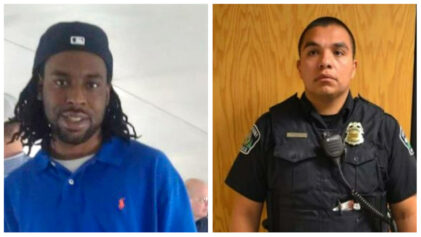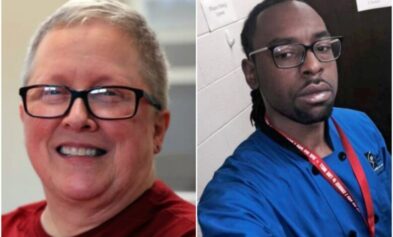
Instagram/Calvin Klein
Ebonee Davis is getting candid about racism in the fashion industry. As a group that “sets the tone for society, dictating what is beautiful and acceptable,” it is up to designers and agencies to end systemic racism, she said. Davis described her experience in the trade in a new open letter.
As the new face of Calvin Klein’s fall 2016 ad campaign, the 22-year-old reflected on her beginnings as a model.
“I thought back to how hard I had tried to assimilate into the fashion industry — straightening my hair, wearing weaves and extensions,” she wrote. “I was told that brands only booked black girls if they looked like they’d been ‘plucked from a remote village in Africa’ or like a ‘white model dipped in chocolate,’ and from the start of my career in 2011, I lived by those words. Until last year when I made the decision to wear my natural hair.”
Davis received photos from the upcoming campaign July 5. It was the same day Alton Sterling was shot and killed by police in Baton Rouge, Louisiana.
“Heartbreak instantly consumed me; a man’s entire existence had once again been reduced to a hashtag. Less than 24 hours later I checked my news feed again, only to find that yet another black man had been killed by the police,” she said, referring to Philando Castile, who died in Falcon Heights, Minnesota.
Davis called out the fashion community for their lack of agency in the Black community. She knew it was in its power to change prevailing attitudes on race in society.
“As artists in the fashion industry, we are the embodiment of free speech. We set the tone for society through the stories we tell — fashion, the gatekeeper of cool, decides and dictates what is beautiful and acceptable,” she wrote. “And let me tell you, it is no longer acceptable for us to revel in Black culture with no regard for the struggles facing the Black community.”
“Systemic racism began with slavery and has woven itself into the fabric of our culture, manifesting through police brutality, poverty, lack of education, and Black incarceration,” Davis continued. “The most dangerous contributors? Advertising, beauty and fashion.”
Davis said the industry should dispel demeaning stereotypes that has led to police brutality against Blacks nationwide. The Seattle, Washington native provided a list of ways those who work in the industry can promote “inclusive imagery” to “neutralize the phobias surrounding black culture.”
“My advice to makeup and hair artists: rebuild your repertoire of techniques,” she said. “My advice to models, fashion designers and public relation agencies: use your personal platforms to speak out against injustice and show your support rather than standing by in silence. Most importantly, love Black people as much as you love Black music and Black culture.”
“The time for change is now,” Davis concluded.


